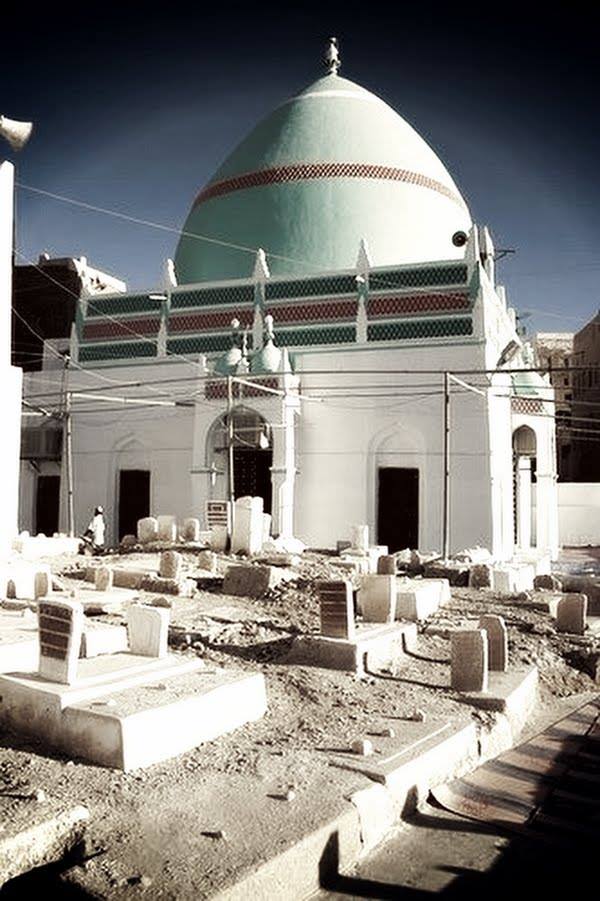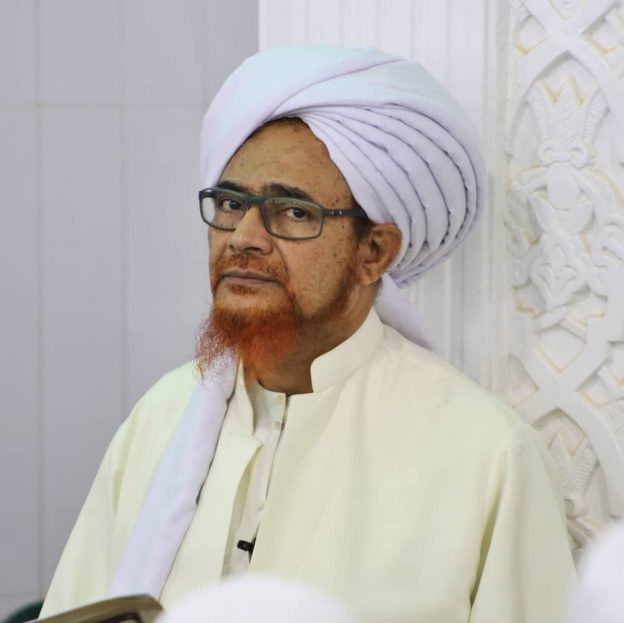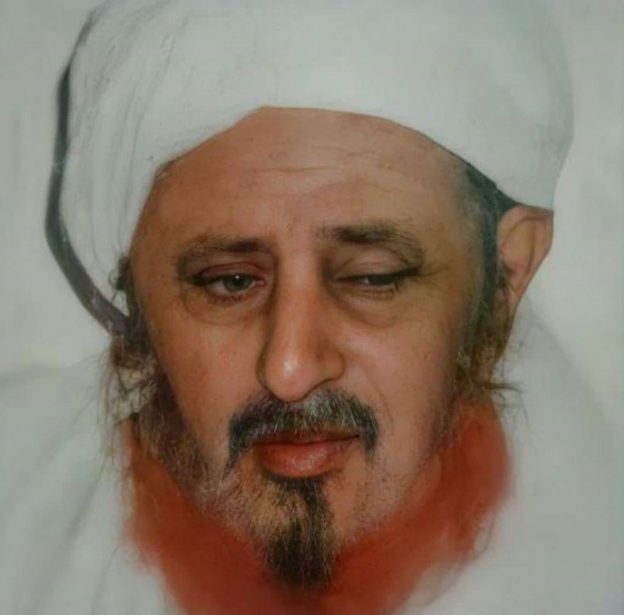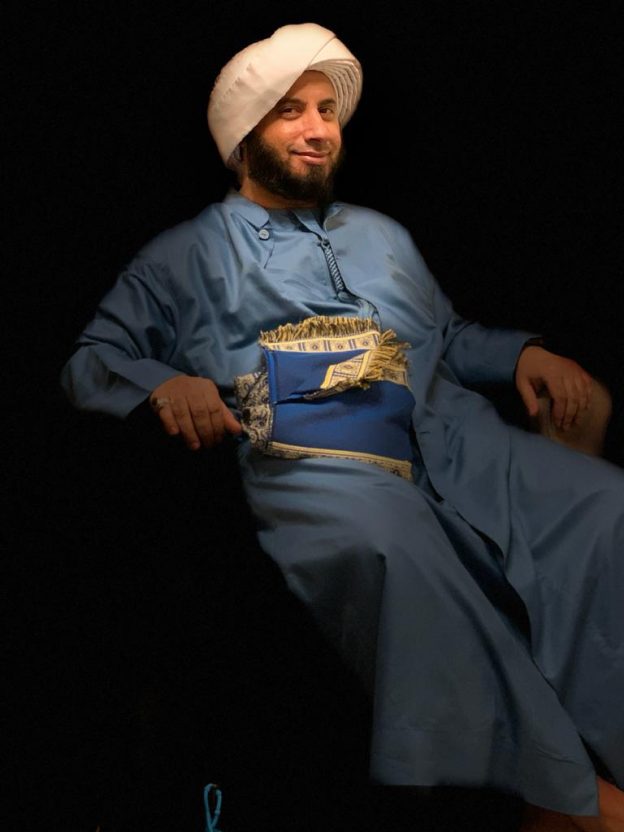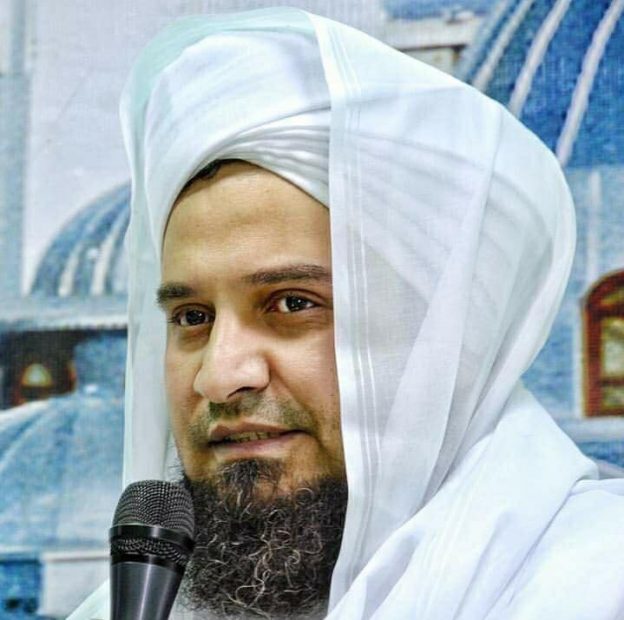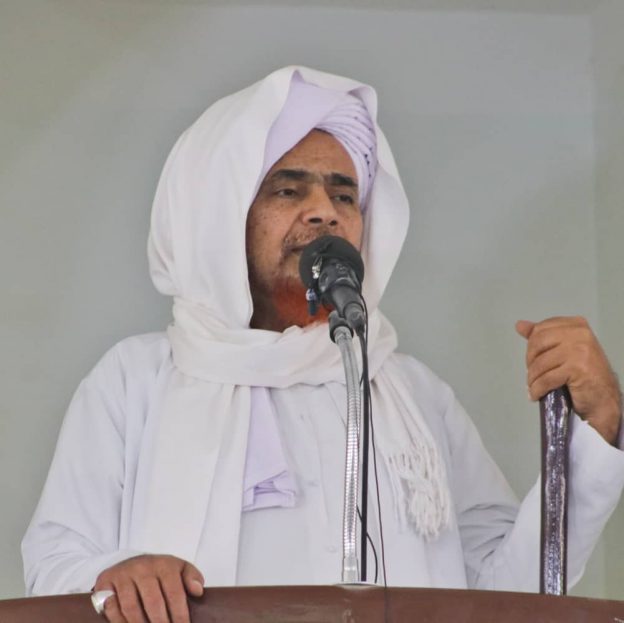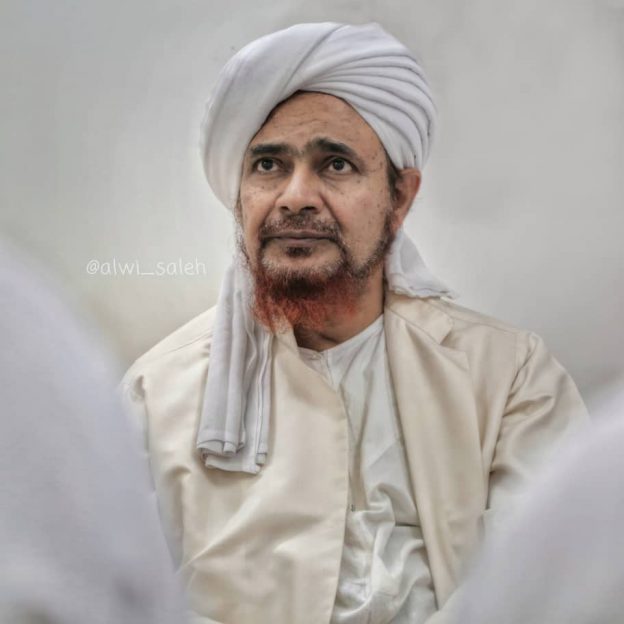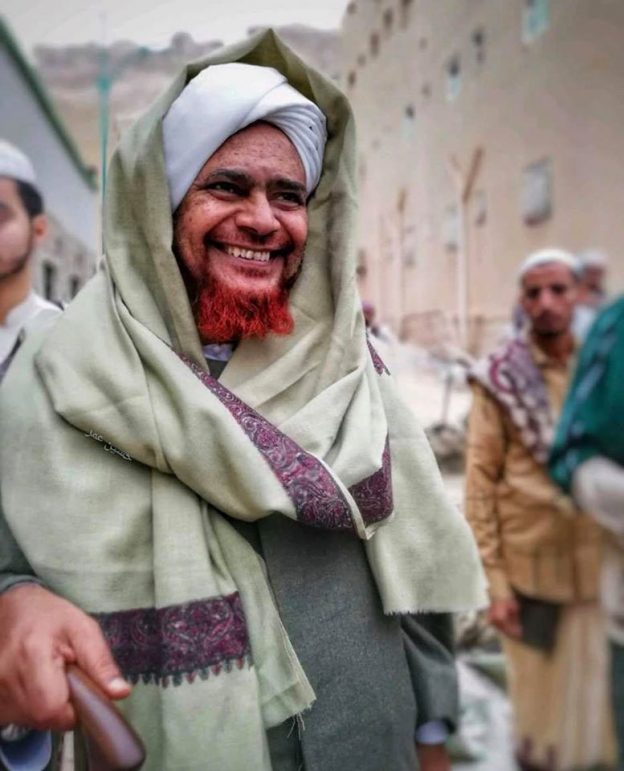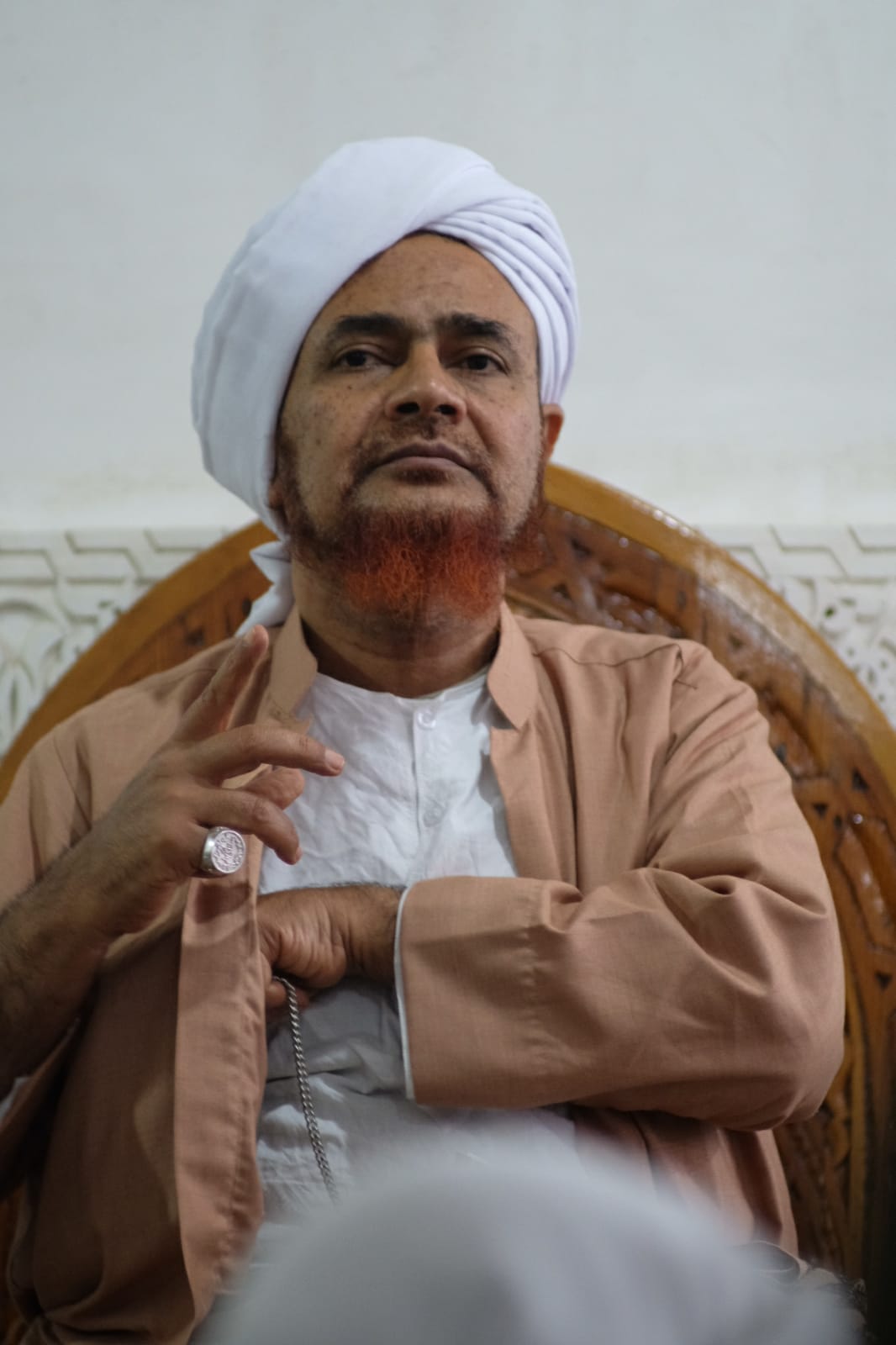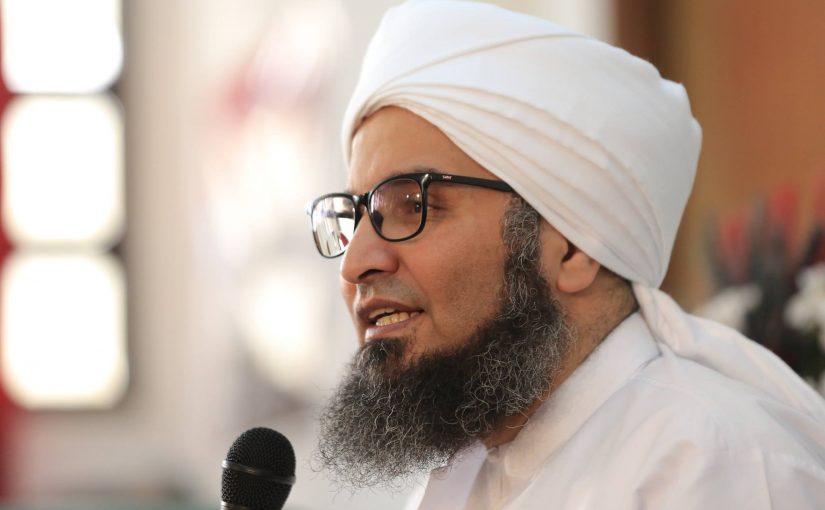In this prayer upon the Prophet ﷺ Habib Ali al-Habashi (may Allah have mercy upon him and benefit us by him) teaches us to attach everything we have to the Prophet: our hearts, bodies, actions, intentions and our every movement and stillness.
اللَّهُمَّ صَلِّ وسَلِّمْ على سَيِّدِنا مُحَمَّدٍ
وارْبُطْ قَلْبِي بِقَلْبِهِ
وارْبُطْ جِسْمِي بِجِسْمِهِ
Continue reading Selected Salawat: Attaching Everything to the Prophet ﷺ

